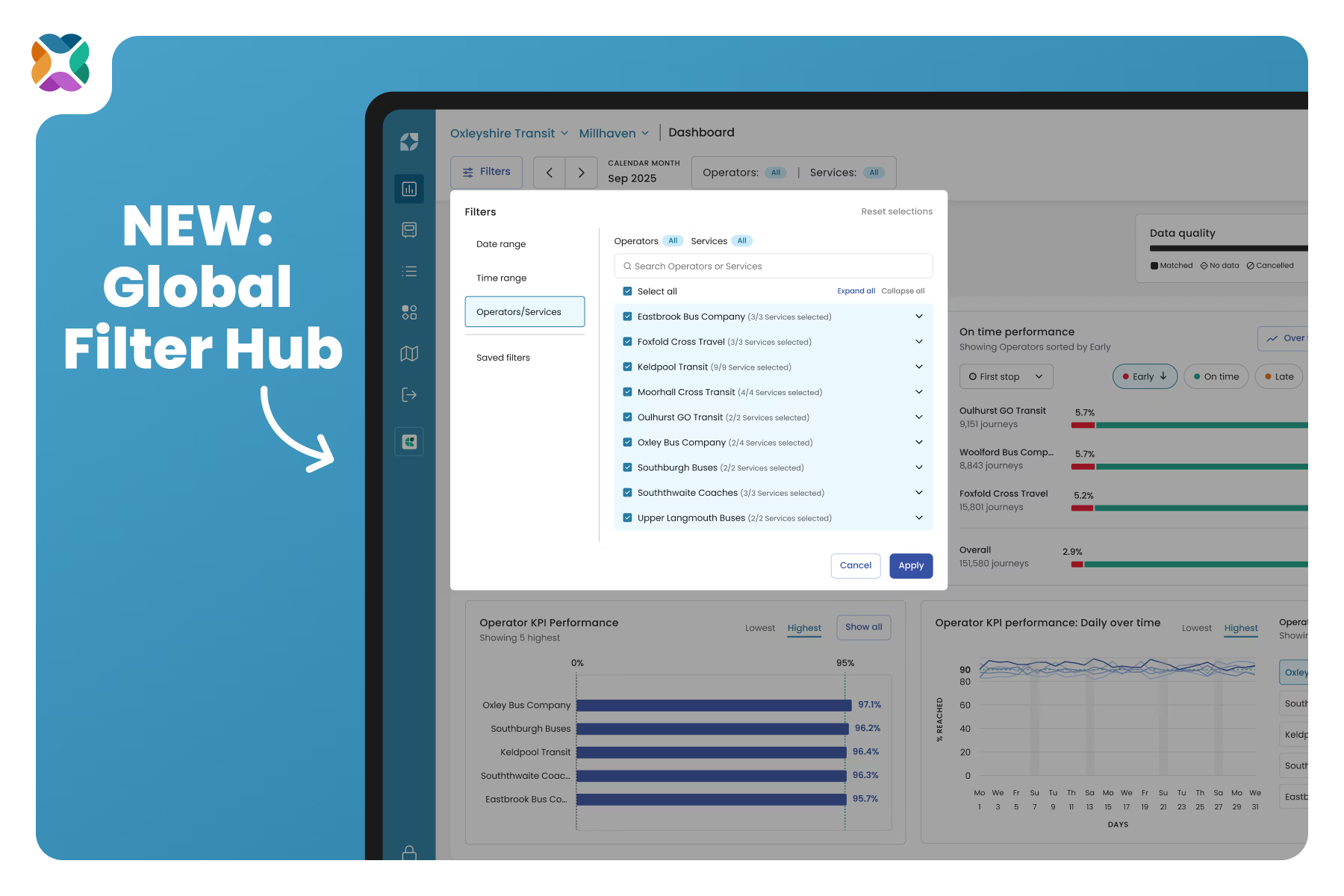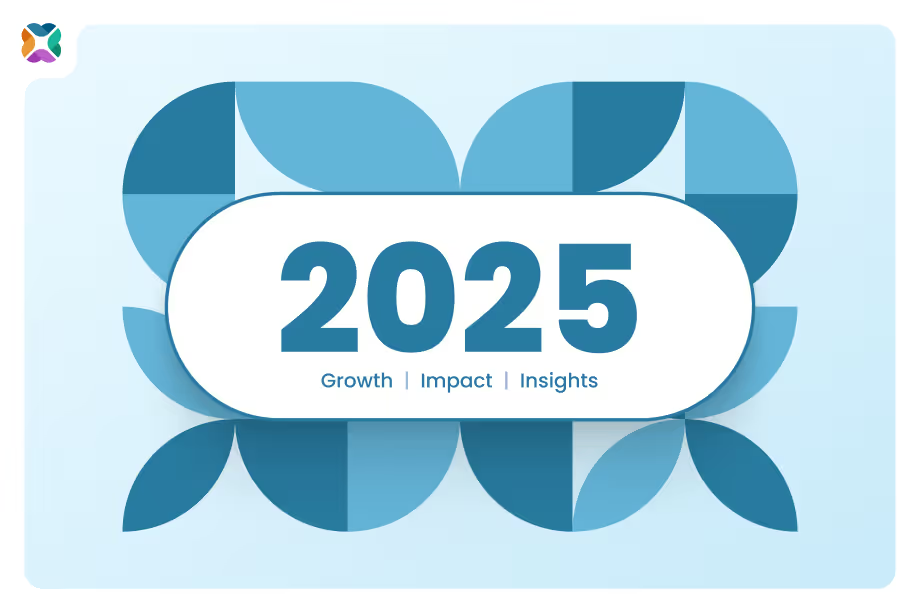The summit saw a renewed energy and sense of purpose to confront the challenges of climate change with sustainable public transit.
Read on for our top five themes of the event:
Transport is projected to be Australia's largest carbon emitter by 2030
Australia is far behind its international peers and is running hard to catch up with the regulatory changes needed to achieve decarbonisation goals and meet international treaty obligations.
Jim Betts, Australia's Secretary of the Department of Infrastructure, Transport, Regional Development, Communications and the Arts, pulled no punches in his plenary address. Transport is projected to be the country's largest emitter by 2030, growing from its current rate of 19% to a peak in 2035, topping "the league table of shame". Other sectors are moving faster to decarbonise, while the insatiable appetite for more transportation puts ever-more vehicles on roads. Mode shift to public and active transit are key levers, along with implementing a fuel efficiency standard for light vehicles.
Based on previous push-back against these policies, the road ahead looks challenging without consistent political will.
Moving transit to zero emissions is necessary but not sufficient - it needs a frequent and reliable network
Public transit is already the most efficient form of travel in terms of emissions. However, without a frequent and reliable network, it simply is not a viable choice in a city built for cars.
Ara Najarian, Director and Former Chair of LA Metro, shared California's efforts to move to zero emissions. California has an enviable reputation for its focus on sustainable energy and is transitioning to a zero-emission bus fleet. While transition challenges include strengthening electricity distribution networks and staff training, the primary insight is that the key change is in making long-term urban planning changes that enable people to thrive without owning a car.
LA is taking a multi-decade investment approach to reorient from previous decades of automobile focus. This will show up as a world-class transit system that is fit for purpose for the world's third-largest metropolitan economy.
The public transit industry has embraced interoperability. APIs are essential.
Not so long ago, an event like this would see vendors offering vertically integrated systems where they provided an entire solution, with the data locked inside silos. The shift to loosely coupled solutions, with the resulting emphasis on data standardisation, is profound and accelerating. Everyone has an API.
Gretchen Newcomb from MobilityData shared their progress in developing a canonical home for Open Transit Data. Thale Kuvas Solborg from Q-Free took this further in sharing their approach to bring together other related data sources. We heard Russ Yell share how Optibus leverages data to help cities worldwide handle disruption management. At Snapper, we believe that open data can help authorities and operators measure and improve the performance of their public transit network.
This approach clearly resonates with customers and partners who want a simple, intuitive service that anyone in their organisation can use.
Data privacy and ethics need attention - transparency and trust are paramount
There were some examples shared of leveraging third-party app data to inform network planning, which raised real concerns about privacy and ethics. While some measures are being taken to reduce the risk of using this data to track individuals, the risk is not zero. In many cases, the app users may be completely unaware that this data is being used for a different purpose.
Rhetta Chappell from Griffiths University shared a powerful benefits/risk framework that helps manage the risk around data linkage. Unfortunately, without good practice, it becomes possible to breach individual privacy. This must be avoided at all costs - just because you can leverage third-party data doesn't mean you should.
Small everyday changes are the playbook for network improvements
With the ingredients of open data, API-driven systems, and passionate transit professionals, organisations can drive continuous improvements across the network.
The conference had a range of case studies that demonstrated the power of small internal teams who made network changes based on consistent, incremental changes that ultimately resulted in improvements in frequency and reliability. These incremental improvements are the bedrock of mode-shift, resulting in a network that serves all needs. The contrasts with "big bang" projects which consistently ran over time, over budget, and ultimately did not deliver benefits could not be more stark. Positive case studies and commentary from Yarra Trams, Transport for Victoria, Translink Queensland and many more demonstrate the power of this approach.











